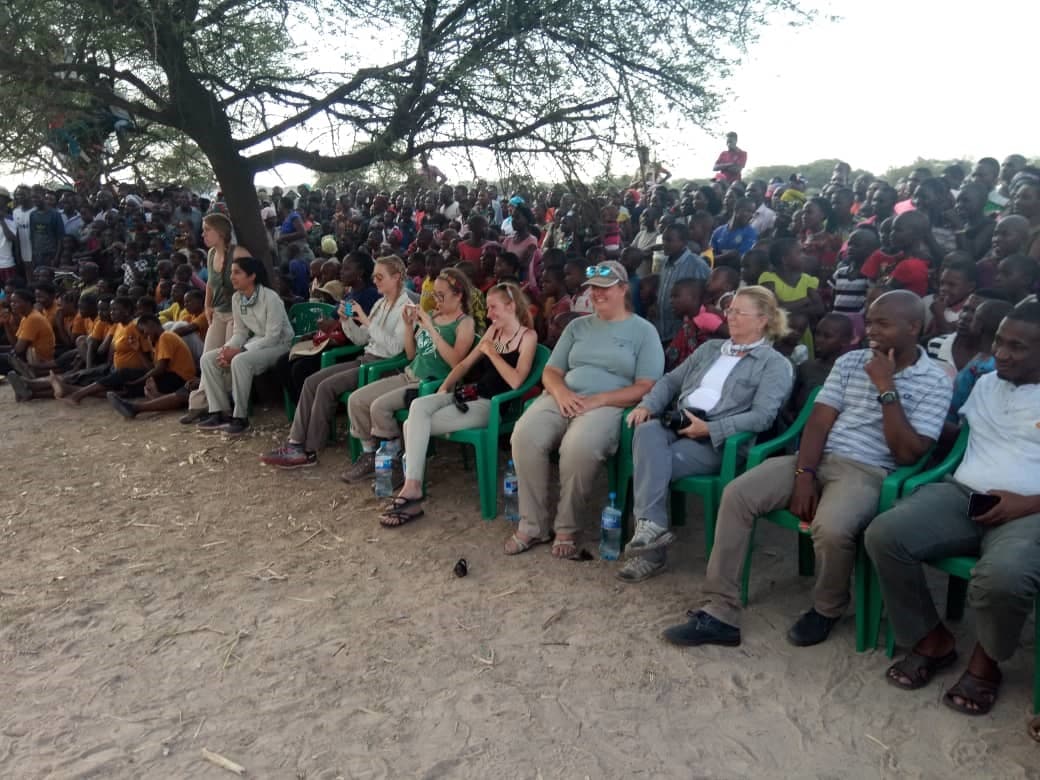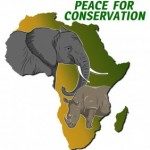Hello fellow Conservation Optimists: we are Peace for Conservation and we are based in Tanzania. We use innovative conservation education approaches to deliver anti-poaching messages in the communities close to Serengeti National Park and the Kijereshi Game Reserve in Tanzania. We want to share with you our story about our conservation education in our communities. We would like to tell you about our programmes Dance for conservation, Soccer for conservation, Comedians for conservation, Move for conservation, Human elephant conflict mitigation using beehives and Education for conservation
Dance for conservation: Traditional dance is very famous in the community of the Sukuma tribe who live close to Serengeti National Park and Kijereshi Game Reserve. They usually dance after harvesting crops from their farms. Peace for Conservation turns that platform into a conservation program by organising community events called Dance for conservation. In this event dancer groups participate in a competition and sing a song which discourages communities to collude with poachers and destroy wildlife. The program involves women dancer groups living in the communities adjacent to protected areas.
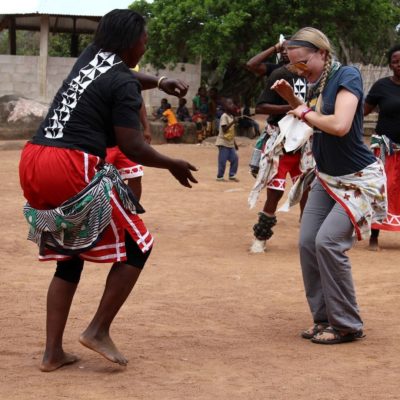
Soccer for conservation: Soccer can be an effective way to engage youth and other community members across different areas in Tanzania in conservation action, given the popular nature and cultural importance of the game. Peace for Conservation uses soccer tournaments as a venue to share conservation information and to recruit support for proactive strategies across rural communities that live with wildlife. This can include addressing issues like illegal wildlife poaching, something that youth and other community members may also take part in.
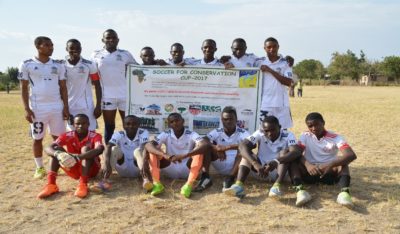
Comedians for conservation: We asked a comedian to address the illegal business of selling bush meat and to create a message about how the bush meat business is organised. He discussed the techniques people use when they sell bush meat. Most people involved in the bush meat business visit households and announce that they sell vegetables. The vegetables are on top of the basket but the bush meat is hidden inside. The message created by the comedian informed people, police and rangers about the techniques used by bush meat sellers. The communities were encouraged to report to police and anti-poaching units if they observed incidents of wildlife crime.
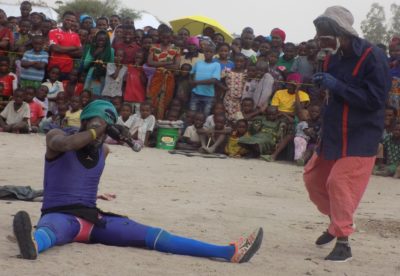
Move for conservation:We donate wheel chairs and tricycles to people with physical disabilities. Since 2014 Peace for Conservation has donated 35 wheel chairs/tricycles to people with physical disabilities. We also organise a Tricycle tour ride for conservation in which we involve people with physical disabilities from the Kijereshi Game Reserve. We also conduct safari tours in which we take physically disabled people, especially wheelchair users, through parts of Tanzania to experience the “Big Five”. We try to break down barriers so that people’s disability does not stop them from experiencing Tanzania’s amazing wildlife. We want them to give them a feeling of Tanzania’s heartbeat, let them discover magic sights and add smiles to their faces. We design each itinerary according to the traveller’s disabilities, time constraints and budget.
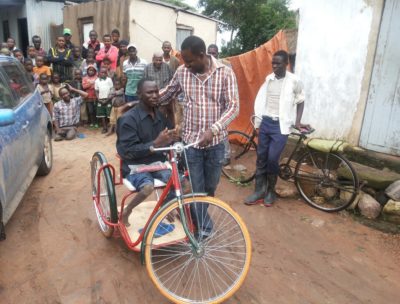
Human elephant conflict mitigation using beehives: We train farmers on how to use beehives to protect their farm from crop raids from elephants, and thus reduce human-elephants conflicts. Our volunteers assist in beehive manufacturing, distribution and installation at the buffer zone of Kijereshi Game Reserve. Volunteers and students also learn about human-elephant conflicts and mitigation methods from the perspective of Peace for Conservation’s conservationists and community members. We have already installed 200 beehives in the buffer zone of Kijereshi Game Reserve.
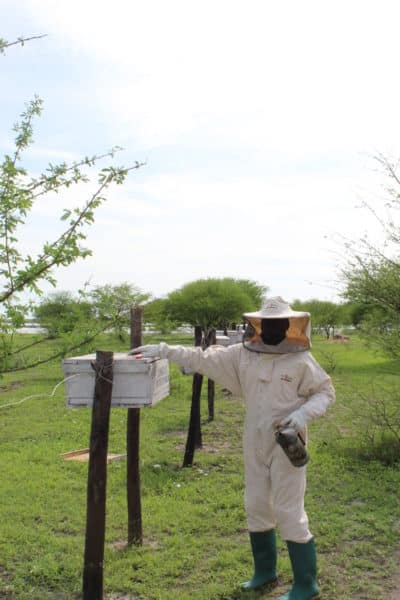
Education for conservation:We provide conservation education in schools, assisting children to learn about wildlife conservation and community stewardship, and in addition run the program Young Reporter for Wildlife Conservation. We believe that every young person can be a conservationist.
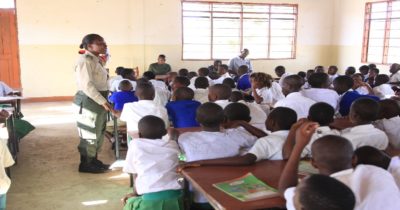
We invite you to join Peace for Conservation in supporting conservation projects in communities around Serengeti National Park, sharing ideas and skills, touring together through Serengeti National Park, and finding solutions to overcome conservation challenges in Tanzania. Together we are Conservation Optimism!

